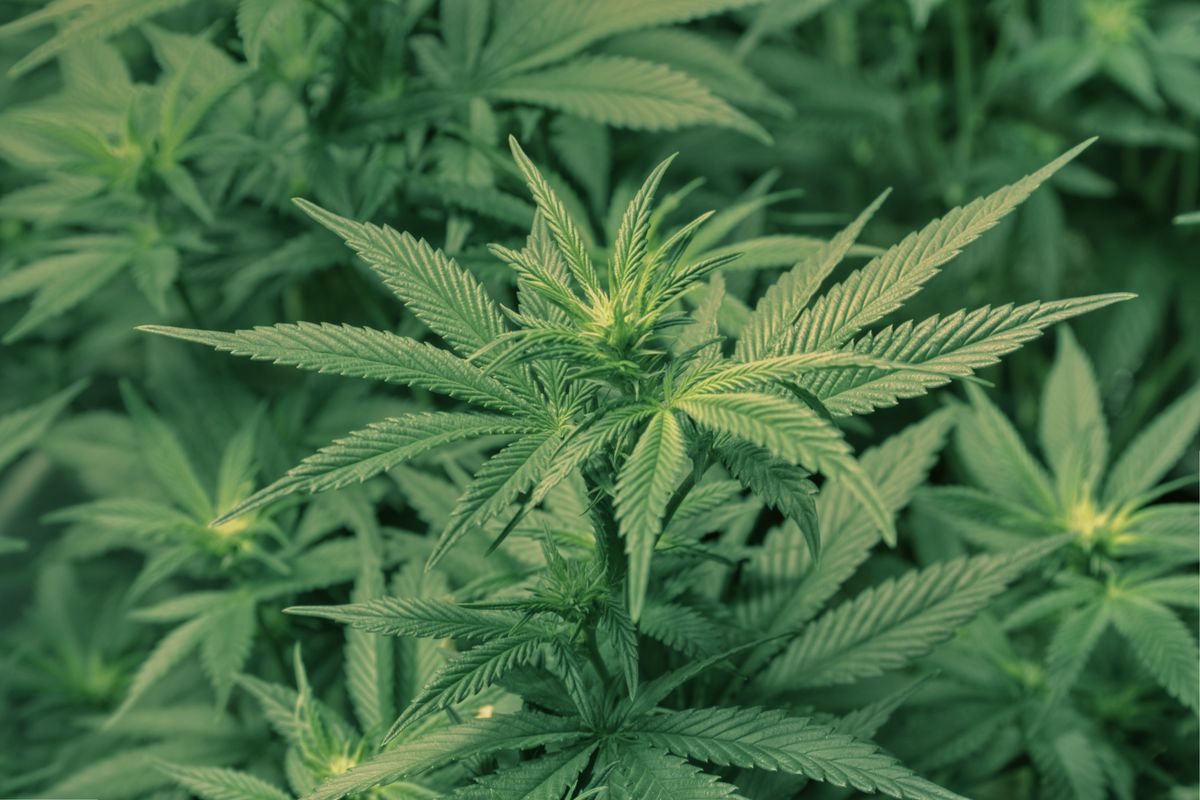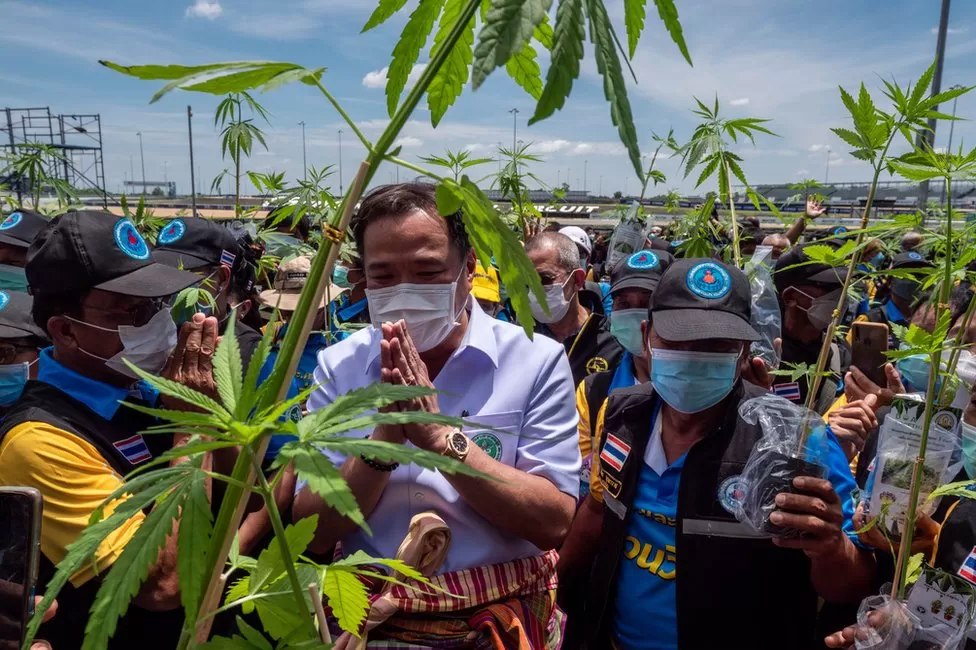The history of cannabis in India is deeply rooted in the country’s ancient culture and has a long and multifaceted history. Cannabis, known as “ganja” or “bhang” in India, has been used for various purposes for thousands of years, including medicinal, spiritual, and recreational use.
Ancient India:
Cannabis has been mentioned in ancient Indian texts, such as the Vedas, which are sacred scriptures dating back over 3,000 years. The Vedas refer to cannabis as one of the five sacred plants and describe it as a source of happiness, a liberator of anxiety, and a provider of joy. It was believed to have medicinal properties and was used in religious rituals and Ayurvedic medicine.
Spiritual and Religious Significance:
Cannabis holds a prominent place in Indian spiritual traditions. The Hindu god Shiva is often associated with cannabis, and it is believed that he consumed the plant to achieve transcendental states of meditation and enlightenment. Devotees of Shiva, known as Shaivas or Sadhus, traditionally use cannabis during religious ceremonies and rituals.
Colonial Era and British Influence:
During the British colonial period in the 19th century, the British government imposed restrictions on the use of cannabis in India. The colonial authorities saw cannabis as a social and moral problem and initiated efforts to control its use. The Indian Hemp Drugs Commission, established in 1893, examined the social and medicinal aspects of cannabis and recommended against a complete ban.
Legal Status:
After India gained independence in 1947, the country enacted the Narcotic Drugs and Psychotropic Substances Act (NDPS) in 1985. The NDPS Act classified cannabis as a Schedule I substance, making it illegal to possess, cultivate, or sell cannabis. However, individual states in India have the authority to modify the law within their jurisdictions, leading to varying degrees of enforcement and legal ambiguity.
Medicinal Use:
In recent years, there has been a renewed interest in the medicinal properties of cannabis in India. Traditional Ayurvedic practitioners have long used cannabis as a therapeutic herb, and contemporary research has focused on exploring its potential for various medical conditions, such as pain management, epilepsy, and cancer treatment.
Legal Developments:
Over the years, there have been efforts to reform cannabis laws in India. In 2020, the state of Uttarakhand became the first Indian state to legalize the cultivation of hemp, a non-intoxicating variety of cannabis, for industrial and medicinal purposes. This development has opened up possibilities for the regulated use of cannabis-derived products.
However, it’s important to note that the legal landscape surrounding cannabis in India is complex and subject to change. The legality of cannabis varies from state to state, and it is crucial to understand and abide by the specific laws and regulations of the respective jurisdiction.
Please note that while I strive to provide accurate and up-to-date information, it’s always a good idea to consult official sources or legal professionals for the most current and specific information regarding the status of cannabis in India.


